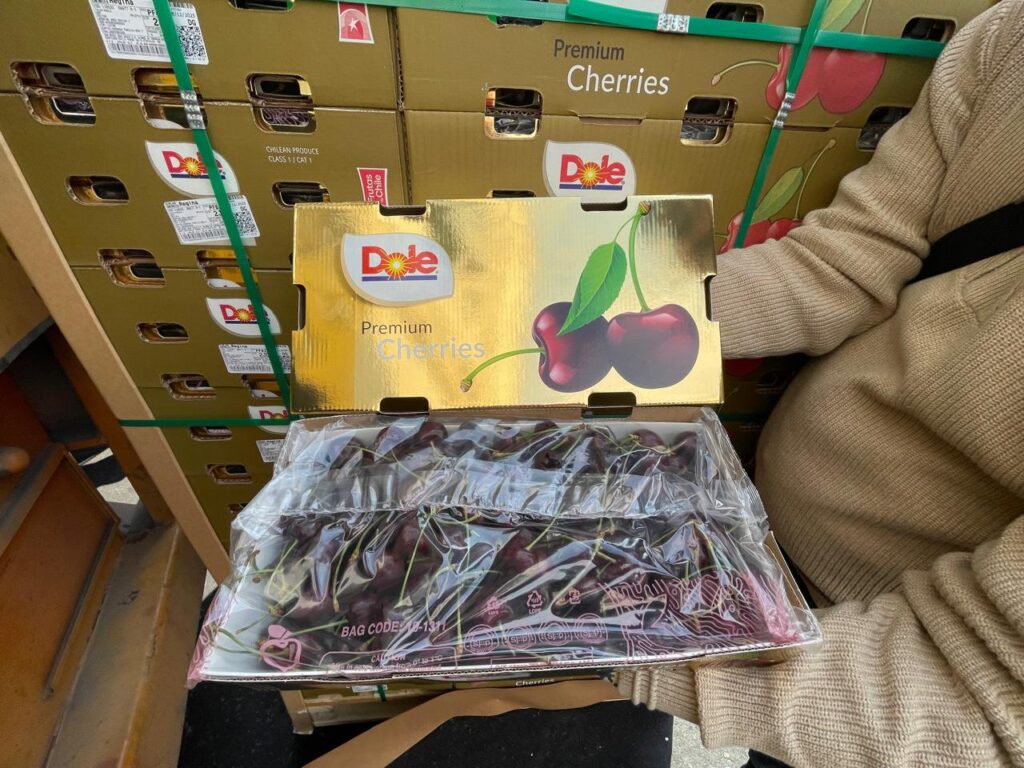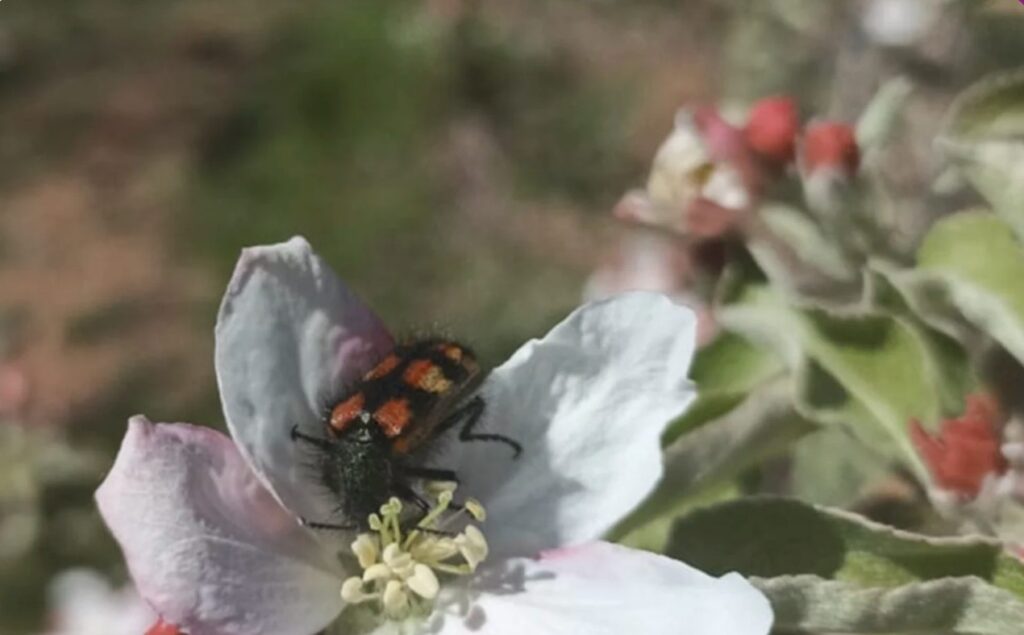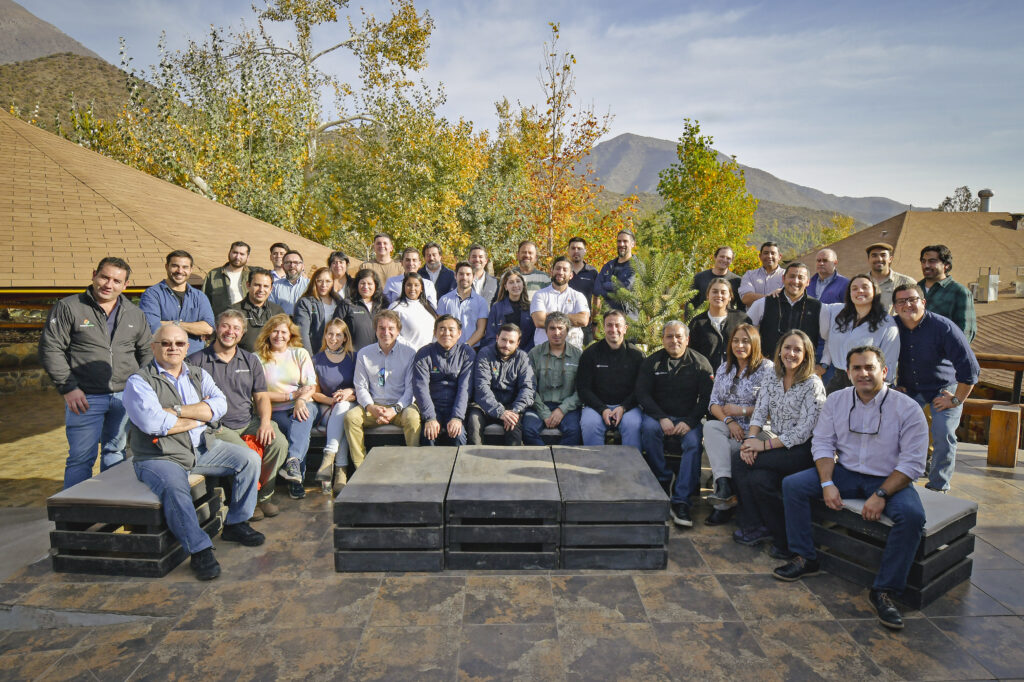At this time of year, and with the cherry harvest in full swing, labor management remains one of the most important challenges faced by producers, advisors and others related to the production chain. The fruit must be harvested in the best conditions and with the ideal quality so that it can go through the entire packing process and subsequent trip to the destination markets, which requires an orderly and timely harvesting effort. However, this is not always easy to achieve in the field. The availability of personnel, especially those trained for the work, becomes more difficult as the seasons go by, in addition to the increase in the cost of this, which undoubtedly represents the most important item in cherry production.
Added to this problem is the fruit itself, which is not necessarily ready to be harvested when one would like it to be, which in many cases requires having large numbers of workers simultaneously in the field in order not to lose fruit and prevent it from becoming “overripe”, which directly conspires against the fruit’s ability to travel without greatly affecting its condition. In this scenario, TAVAN CHILE makes RIP STOP® available to producers and advisors, an innovative tool that will allow producers to slow down the progress of the fruit’s ripening process for a few days, facilitating the staggered harvest of the same variety, which prevents the over-accumulation of fruit and allows the demand for labor per day to be controlled.
RIP STOP® is a natural product that leaves no residue on the fruit, so it can be applied a few days before harvest without any problem. It acts by temporarily inhibiting ethylene synthesis and slowing down ripening processes, such as colour development and sugar accumulation, thereby delaying the final date of fruit harvest by 2 to 4 days (depending on the area, variety and climate). These few days can be key in field management, especially when there are large areas of the same variety or when there is limited labour availability. The use of RIP STOP® does not affect key quality parameters such as size, colour and soluble solids (fig. 1 and 2), with the treated fruit ending up in the same condition as that without application.
In field trials carried out by AVIUM SpA and the Rosario Research Center on varieties such as Regina and Bing, fruit ripening was delayed by an average of 3 days, without affecting, as already mentioned, the quality and condition of the final product (figures 3 and 4). The recommendation for the use of RIP STOP® considers applications from straw color at doses of 3 liters per hectare, repeating every 5 to 6 days between each treatment and up to a maximum of 3 applications. In case of doubts or questions, contact our technical department, one of our sales representatives or through our social networks (LinkedIn: Tavan Chile; Instagram: @tavanchile).
BING
| Treatment | Caliber (mm) | Harvestables (%) | Non-harvestable (%) |
| Witness | 26,5 | 91 a | 8 b |
| RIP STOP | 27,0 | 83 b | 17 a |
Fig. 3: Size and percentage of harvestable fruits in var. Bing.
REGINA
| Treatment | Σ color 4-5-64 dac | Σ color 5-60 dac | Dry matter |
| Witness | 100% | 98,4% | 18,9 |
| RIP STOP | 91,7% | 72,8% | 19,6 |
Fig. 4: Summation of colors 4 and 0 days before harvest, plus % dry matter.









